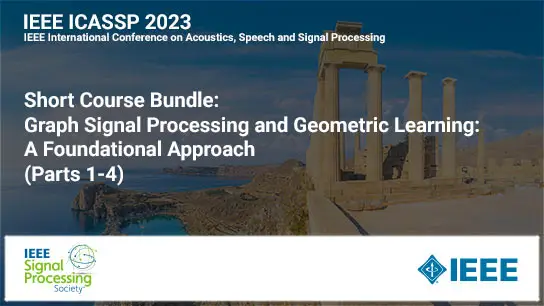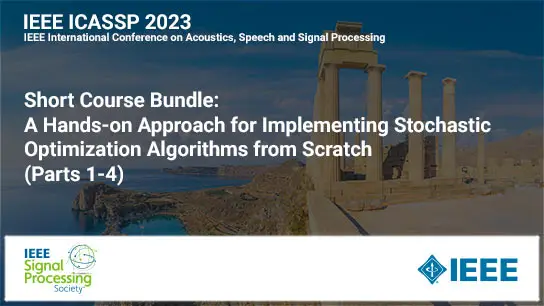State-of-the-art Review on TSO-DSO Coordination Models and Solution Techniques
T. Zheng, J. Ospina
-
Members: FreePES
IEEE Members: $25.00
Non-members: $40.00Pages/Slides: 36
Panel
20 Jul 2023
The widespread and rapid proliferation of distributed energy resources (DERs) such as Renewable Energy Sources (RESs), Electric Vehicles (EVs), storage and demand response, typically managed by Distribution System Operators (DSOs), has a far-reaching impact on the traditional power system paradigms and broad implications on the entire power grid. This proliferation is fueled by the emerging IoT technologies enabling the integration of DERs into the grid, by decreasing technology costs and governmental, state, regional market policies as well as by incentives, regulatory paradigms and consumer trends. The DSOs are expected to actively engage in TSO operations. Not only are DSOs expected to supply power in a cost-efficient way, but also they are expected to provide support for the TSO. Flexibility benefits enabled by DERs, which include balancing supply and demand, voltage control, voltage fluctuation and congestion mitigation, as well as prosumer behavior of customers, can be achieved. With high-level penetration of DERs, to enable efficient integration RESs at TSO and DSO levels, proactive management of resources is required through appropriate TSO-DSO coordination. This panel is to address the TSO-DSO operational planning coordination challenges such as: 1) the presence of multiple DSOs that need to be coordinated together with the TSO; 2) the consideration of binary unit commitment (UC) decision variables at the TSO level, which lead to the drastic increase of complexity; 3) characterize efficient optimization models with multiple periods (e.g., 24 hours) and inter-temporal constraints (e.g., ramp-rates); 4) the consideration of nonlinear AC power flows at the TSO level, which contributes to the non-convexity of the problem; 5) conflicting objectives due to self-management of DERs at the DSO level compromising the benefits of the integrated T&D system; 6) identifying minimal critical exchanged information between TSO & DSO.
Presentations in this panel session:
- DER integration under FERC order 2222 and its associated challenges in terms of TSO/DSO coordination (23PESGM1577)
- Co-optimizing integrated transmission-distribution systems using PowerModelsITD.jl (23PESGM1578)
Chairs:
Zongjie Wang, Mikhail Bragin
Primary Committee:
Power System Operation, Planning, and Economics (PSOPE)
Sponsor Committees:
Technologies & Innovation Subcommittee


